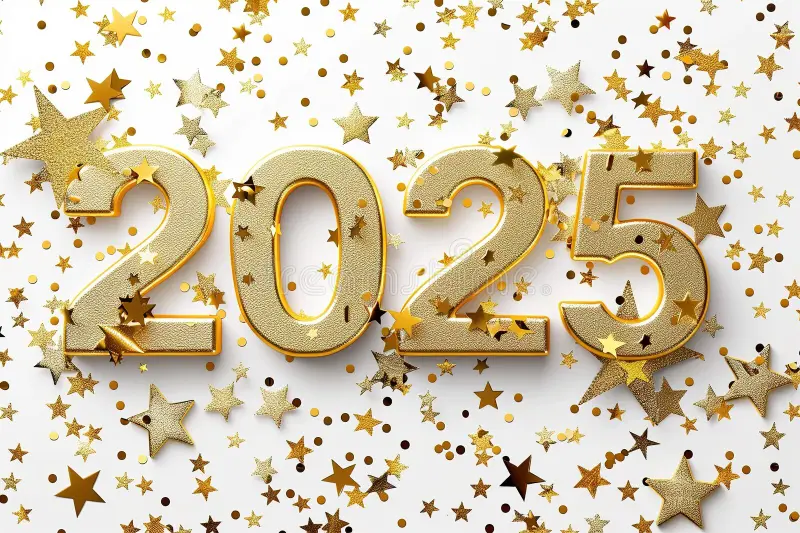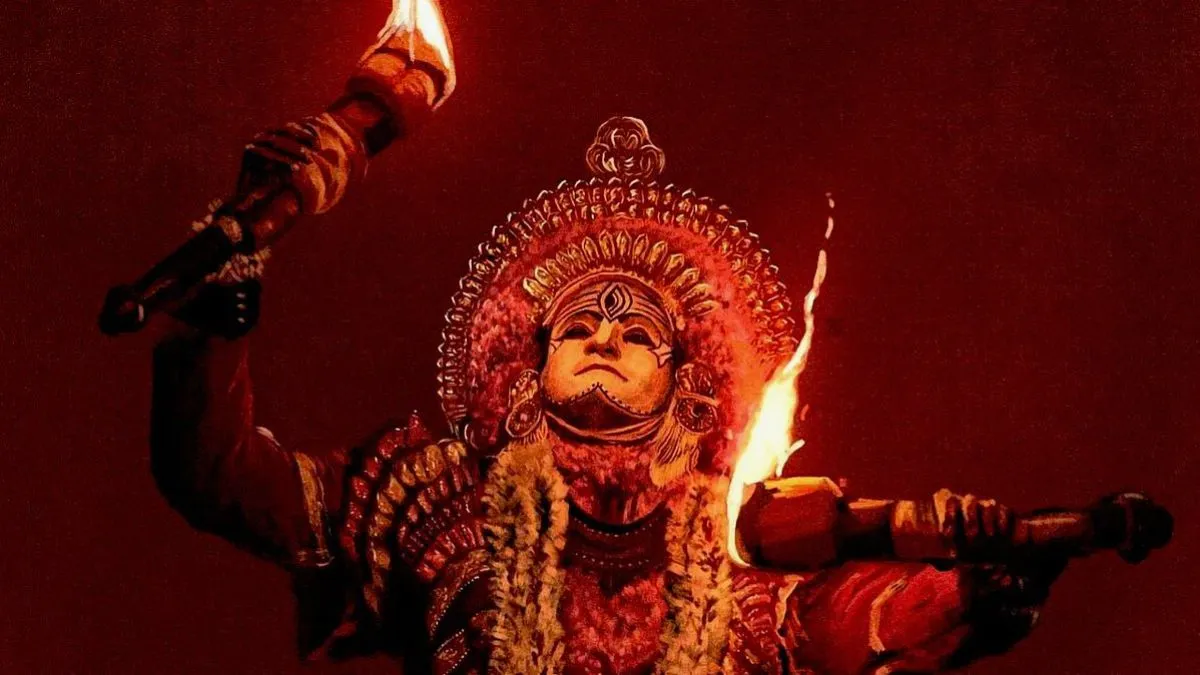
As the clock strikes midnight on January 1, 2025, the world celebrates the arrival of a new year—a tradition rich in history and meaning. But why is January 1 the chosen date for this global event?
The origins of New Year's Day trace back to ancient Rome, where the Julian calendar, introduced by Julius Caesar in 46 BCE, set January 1 as the year's start. The month of January, named after Janus—the Roman god of beginnings and transitions—symbolized looking forward to the future while reflecting on the past. This connection made January 1 a fitting choice to mark a new cycle.
Over time, this practice spread with the adoption of the Gregorian calendar in 1582, established by Pope Gregory XIII. This calendar reform aligned the year's start with the solar year more accurately and solidified January 1 as New Year's Day worldwide.
Today, New Year's celebrations are as diverse as the cultures observing them. From grand fireworks displays in iconic cities like Sydney and New York to intimate family gatherings, the day represents renewal, hope, and the opportunity for a fresh start. Many also embrace traditions like making resolutions, which stem from ancient practices of self-improvement and commitment to personal growth.
Understanding the history and significance of New Year's Day adds depth to the celebrations, reminding us that this cherished tradition reflects humanity's universal desire for renewal and optimism for the future.
Post a comment
5 secret free movie sites that let you watch Hollywood...
- 29 Apr, 2025
- 2
Can OTT Streaming Replace TV Globally?
- 10 Jan, 2025
- 2
The massacre that shook India—Kesari Chapter 2 unveils the courtroom...
- 13 Apr, 2025
- 2
5 South Indian Movies You Can't Miss This Year!
- 25 Apr, 2025
- 2
Karan Johar Defends "Nadaaniyan" Amid Harsh Backlash
- 18 Mar, 2025
- 2
Categories
Recent News
Daily Newsletter
Get all the top stories from Blogs to keep track.

















